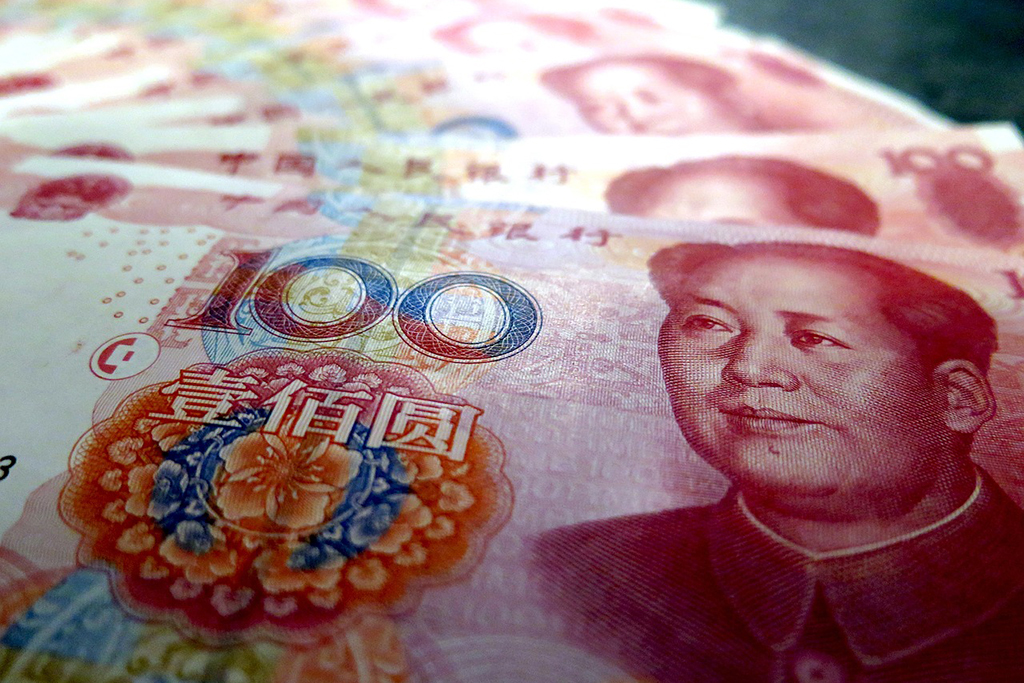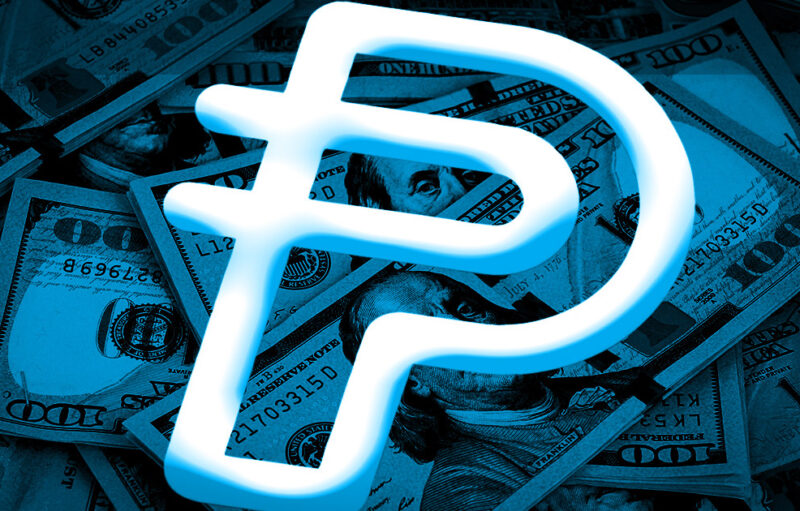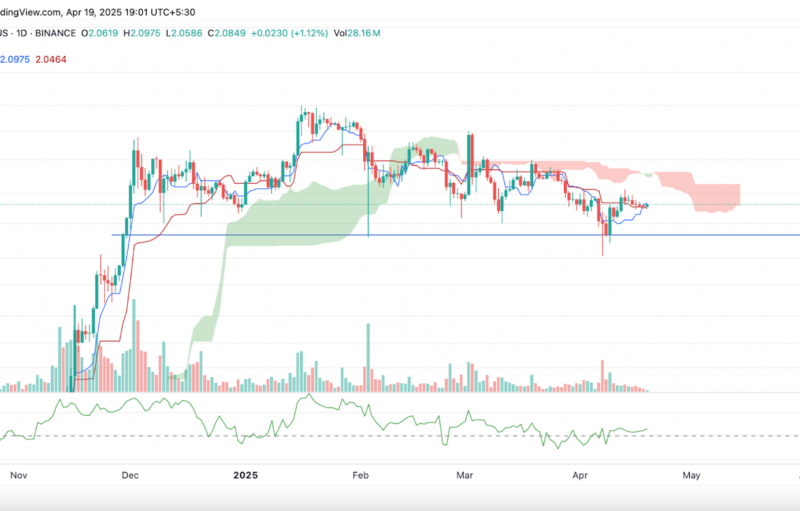
China’s proposed new digital currency would be better than Facebook’s Libra coin and would be able to be used across major payment platforms such as WeChat and Alipay, a senior central bank official said.
People Bank of China announced enthroning their new digital currency chief who claims their upcoming digital yuan has features that are not offered by Facebook’s Libra.
Changchun Mu previously worked as a deputy director of the payments and settlement division at the Chinese central bank and has recently stepped into the lead role at the Digital Currency Research Institute.
As per state media Shanghai Securities News, Mu published details on PBoC’s digital currency not so long ago, allegedly carried out in a secret office away from the Beijing headquarters, describing it as a digital currency and electronic payment tool with “value characteristics.”
“Its functional attributes are exactly the same as paper money, but it is just a digital form”.
Particularly, he went on to explain some of the digital currency’s technical aspects and compared it with Facebook’s Libra.
Even Libra Can’t Do This
He claims that PBoC’s digital yuan will be possible to transfer in-between users without the need of having an account and without the need to have mobile or internet network. If the user’s mobile phone has an integrated wallet, the digital currency can be transferred to another person by placing the two phones in physical contact. Presumably, this feature is enabled by near-field communication (NFC).
According to Mu, PBoC’s digital currency does not need a bank account and is “free from the control of the traditional bank account system”. He added that it allows users to preserve their privacy when using the system.
Still, the digital currency will be delivered through commercial banks like fiat currency. The banks will have to open accounts with the PBoC and buy the token from the bank at 100 percent value. After that, users will be able to open digital wallets for the digital currency through their banks or commercial organizations.
Mu claims the main reason for developing the digital currency is “planning ahead” to protect monetary sovereignty and China’s legal currency.
He also said the advantage a central bank-issued digital coin had over those issued by WeChat and Alipay was that commercial platforms could, in theory, go bankrupt which could cause users losses. Its ability to be used without an internet connection would also allow transactions to continue in situations in which communications have broken down, such as an earthquake.
Former People’s Bank of China (PBoC) governor Zhou Xiaochuan said in July that Libra has introduced a concept that will influence the traditional cross-border business and payment system, and that as such, China should “make good preparations and make the Chinese yuan a stronger currency”.
Facebook’s proposed cryptocurrency has triggered worries among global regulators about it becoming a dominant form of digital payment and a channel for money laundering given the social network’s massive cross-border reach.
In spite of its mining ban, China is considered to be one of the most important players in the cryptocurrency market. Because of its volume, decisions, that the Chinese government does, have an influence on the entire industry. Be it as it may, Chinese cryptocurrency laws are pretty strict. Financial institutions are not allowed to use Bitcoin for trading. ICOs are illegal as well.
However, China has an inspiration to begin with the monetary format sooner than they wanted at first. The new attitude could create a more stable environment. It’s no wonder why the Chinese government wants to have a digital currency system it could control.
The post appeared first on CoinSpeaker






